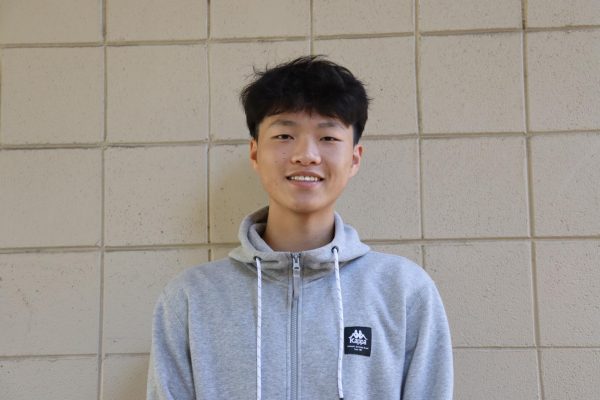The Paralympic Games, an official sporting competition that occurs every four years directly after the Olympics, allows athletes who have disabilities to compete in a variety of different sporting competitions. As a way to publicize and promote the Paralympic Games, organizers use social media accounts on numerous platforms, with the most prominent ones being TikTok and Instagram.
The official, verified Paralympics social media account, run by former Paralympian Richard Fox, has recently received lots of backlash due to its content, which features many videos of Paralympic athletes competing with unserious or sometimes offensive audio tracks in the background.
I have also encountered these videos on my Instagram feed and believe the backlash is well-deserved. Oftentimes, I find myself relating to the people who comment “I don’t know whether to laugh or not.” Although using funny and trendy sounds is an easy way to gain views, I believe the sounds aren’t appropriate as it seems to mock the athletes.
A video posted on the account’s TikTok page, which gathered 35.6 million views and 3.4 million likes, shows a Chinese Paralympic athlete Zhong ZhiQiang, a left leg amputee, participating in long jump. This video seems normal until you hear the sound playing in the background — an edited version of NBA Youngboy’s song “Right Foot Creep.” This sound choice is tasteless at best.
Another video also posted on the account’s TikTok page that accumulated 35 million views and 2.5 million likes features a blind U.S. Paralympic triathlon athlete named Brad Snyder. As he reaches his hands to find his bike, a piano rapidly plays a piece by Beethoven in the background, seemingly mocking Snyder’s hand motions.
These videos are among many of the posts on the various social media accounts. They all feature a Paralympic athlete with a goofy, almost meme sound in the background, directly mocking their own athletes’ disabilities.
Many viewers have voiced their disagreement with the content on social media, believing the videos to be “disrespectful,” “offensive” and “insulting.” In a recent interview with French News newspaper Le Monde, U.S. Paralympic snowboarder Brenna Huckaby voiced her opinion on the account, criticizing its disrespect to Paralympic athletes.
“If the page had done a better balance showcasing what these Paralympic athletes can achieve and do, then it wouldn’t be so patronizing or disrespectful,” Huckaby said.
Sadly, some viewers find the offensive content to be humorous and a clever way to gain viewership for modern-day audiences. Communication specialist Romane Le Padellec supports the Paralympic account, viewing it as a genius marketing strategy.
“[TikTok] is a platform that values authenticity and entertainment,” Padellec told Le Monde. The International Paralympic Committee uses humor and trending sounds to please the algorithm. By pushing these trending sounds, the audience, and young people in particular, will see people with disabilities more regularly in their feeds to normalize disabilities.”
Gaining clout or high viewership may help promote an event like the Paralympics, but constant disrespect of the disabled athletes paints a belittling image of them. No doubt it is OK for the Paralympic social media accounts to occasionally post a slightly funny video with the willing consent of the athlete, but they should mainly focus on putting out serious videos, shining light on the minority of disabled athletes who still succeed at regular sports in an inspiring fashion we can all learn from.




























